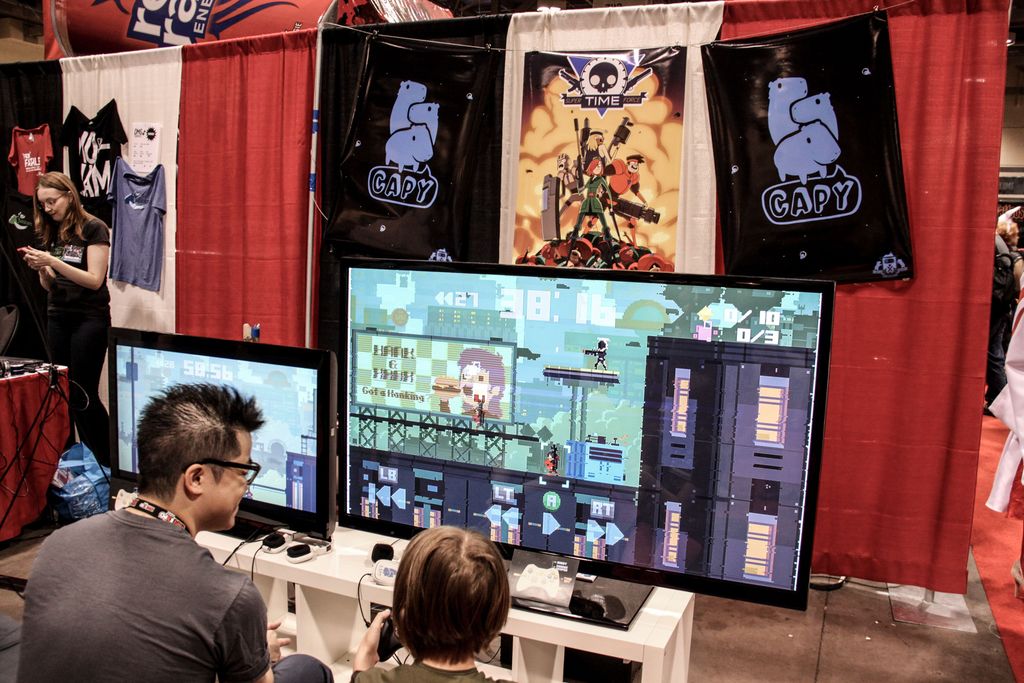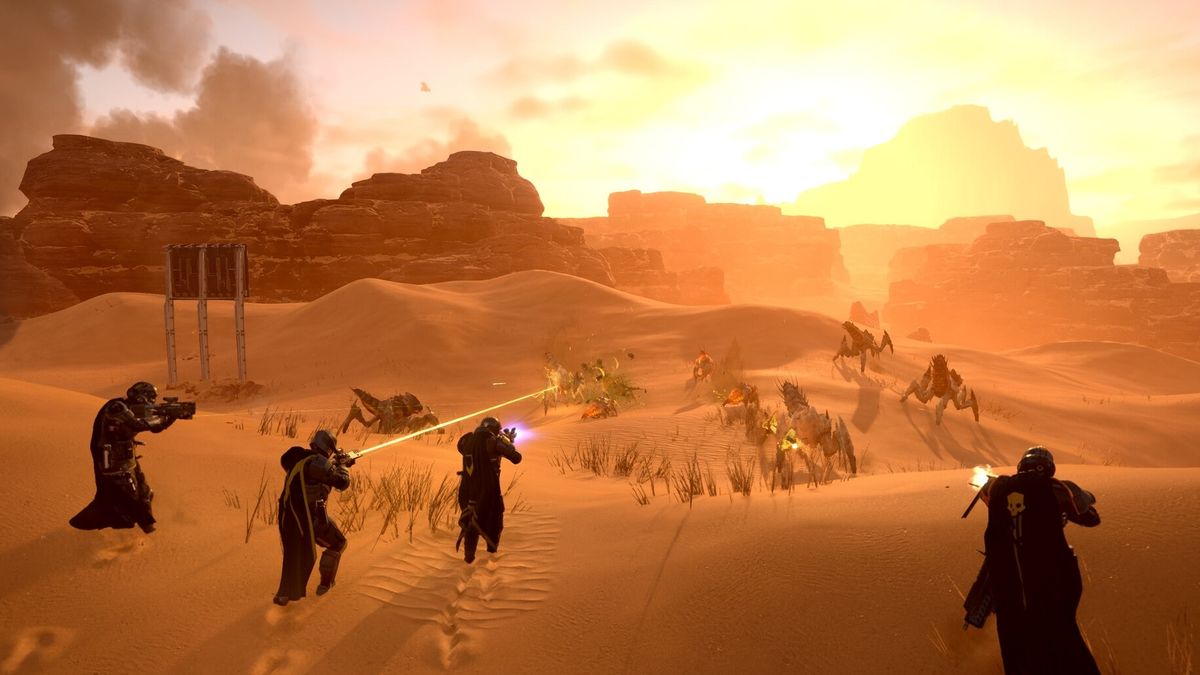In the constantly changing world of the gaming industry, a distinct voice stands out, promoting a revival of traditional gaming narratives in single-player console games. This voice belongs to none other than Kim Hyung Tae, the visionary director behind the much-anticipated PlayStation 5 title, Stellar Blade. As the gaming world braces for Stellar Blade’s release, there’s an underlying story, one that champions the essence of single-player games amidst a sea of live-service models.
Introduction Of Stellar Blade
Stellar Blade isn’t just another title launching into the marketplace; it represents a critical standpoint against the current tide of gaming trends. The game, developed by Shift Up, promises a third-person action hack-and-slash adventure that not only pleases fans of the genre but also carries a significant message about the industry’s need for games that conclude. It’s a testament to the developers’ dedication, having drawn inspiration from various games to create an experience they themselves yearned to play. The game, set to enthral PlayStation 5 owners, is a rare gem in a console generation craving for such hack-and-slash narratives.
What sets Stellar Blade apart is not just its gameplay or the enthralling story of Eve and her quest to save humanity from the clutches of Naytiba. It’s the game’s underlying philosophy, as vocalized by Kim Hyung Tae, emphasizing the invaluable role of single-player console games in the gaming ecosystem. “Console titles, that is single-player games with an ending, have a very important value in themselves,” Kim asserts, pointing out the contrast against the backdrop of the ever-popular online live service games that seem to dominate the market.
This declaration comes at a time when big names in the industry, like WB Games, pivot towards live service models, even in the wake of single-player successes like Hogwarts Legacy. Stellar Blade stands as a beacon, reminding us of the uniqueness and irreplaceable value of single-player experiences. It’s a courageous stance, considering the prevailing winds favor games without a definitive end, focusing on continuous engagement and monetization over finite storytelling.
Kim’s perspective isn’t just a romantic ode to the past; it’s a pragmatic view on the industry’s health. He acknowledges the financial pressures but champions variety and the special place single-player games hold. Amidst discussions of sales success and the allure of higher profit margins, Kim articulates a broader vision for the gaming industry, one where diversity in game types, including those with conclusive narratives, enriches the ecosystem. This philosophy doesn’t just stem from a desire for creative expression but from an understanding of what makes gaming truly immersive and memorable.
The Future Of Stellar Blade
Stellar Blade isn’t just about proving a point; it’s about setting a precedent. Shift Up, led by Kim, has not only developed a game that challenges the current industry norms but also vowed to continue crafting such experiences. This commitment to single-player adventures marks a potential shift, a rallying call for other developers to recognize the enduring appeal and importance of these games. As Stellar Blade prepares to make its mark, it embodies the belief that in a world of fleeting online experiences, the resonant stories told through single-player games are what truly define the art of gaming.
As we pivot from the landscape that Stellar Blade occupies within the gaming industry, it’s essential to contemplate what the future holds for single-player games and how these experiences fit into the broader tapestry of gaming. The conversation spearheaded by Kim Hyung Tae ignites a crucial dialogue about the indispensability of single-player console games that have an ending, underlining their uniqueness in a dominantly online, live-service gaming world.
The understanding that the demand for single-player games stems from an appreciation of their intrinsic value in terms of plot, gameplay complexity, and player immersion rather than merely a sentimental longing for the past lies at the heart of this discussion. Through their narrative complexity and concentrated gameplay design, games like Stellar Blade provide players a beginning, middle, and end—a feeling of purpose and closure that may occasionally be difficult to find in infinite live service models. A deeper understanding of the game’s characters, concepts, and universe is promoted by this structure.
The industry receives a powerful message about the value and feasibility of single-player experiences from Shift Up and Kim Hyung Tae’s dedication to creating games like Stellar Blade. It disproves the idea that live-service models are the only way to make money, emphasizing that providing a variety of gaming experiences is not only feasible but also essential for the company to thrive.
Single-player and live-service games may coexist in a healthy ecology in the future of gaming, each meeting the needs and tastes of distinct player demographics. This is a ray of hope for single-player game enthusiasts. It implies that games that tell a story with a clear conclusion will always find a place, regardless of industry trends. The excitement and enthusiasm around Stellar Blade further supports this notion, demonstrating the continued high desire for single-player games.
The discussion surrounding single-player games is obviously far from ended as we look to the future. Developers such as Shift Up are demonstrating that there is a viable business model for these games that does not necessarily rule out the possibility of financial success. More single-player experiences may be made possible by the popularity of Stellar Blade and related games, which may inspire other creators to investigate and fund narrative-driven games.
With a variety of experiences that cater to all kinds of gamers, gaming appears to have a bright future. Known for their captivating narratives and intense gameplay, single-player games continue to be crucial in the gaming industry. We are reassured that the craft of game narrative will endure because of the dedication of creators like Shift Up to these experiences, giving players unforgettable journeys that stay with them long after the last credits have rolled. The industry is still in the early stages of development, and single-player games will surely continue to play a big role in it.




